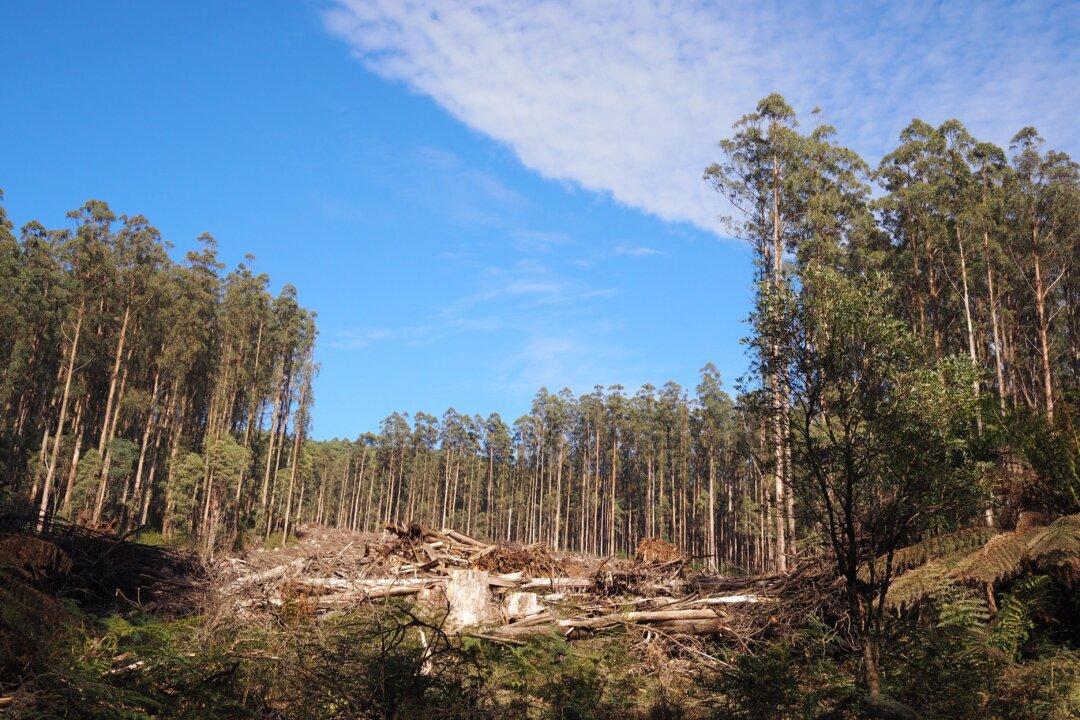At an early morning toolbox meeting, Kevin de Hoedt’s boss assured his sawmill team they had work for the next six years.
By lunchtime, he broke the news their industry would be gone in six months.

At an early morning toolbox meeting, Kevin de Hoedt’s boss assured his sawmill team they had work for the next six years.
By lunchtime, he broke the news their industry would be gone in six months.